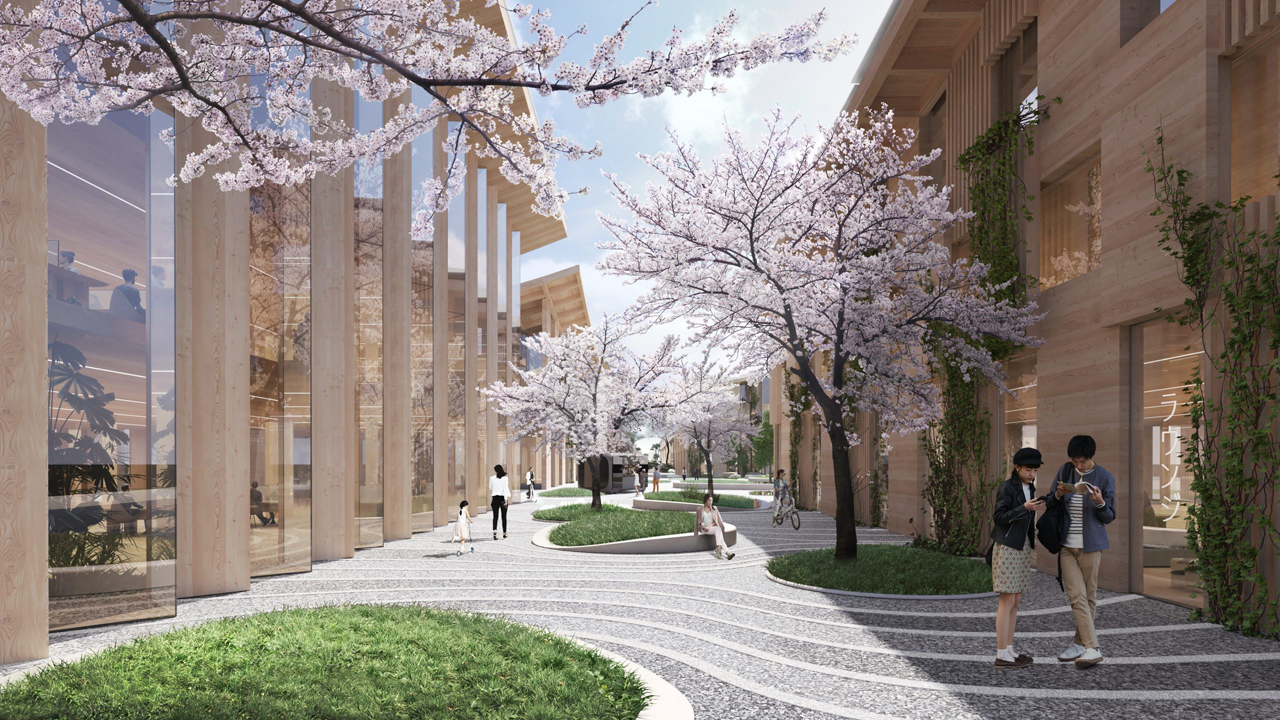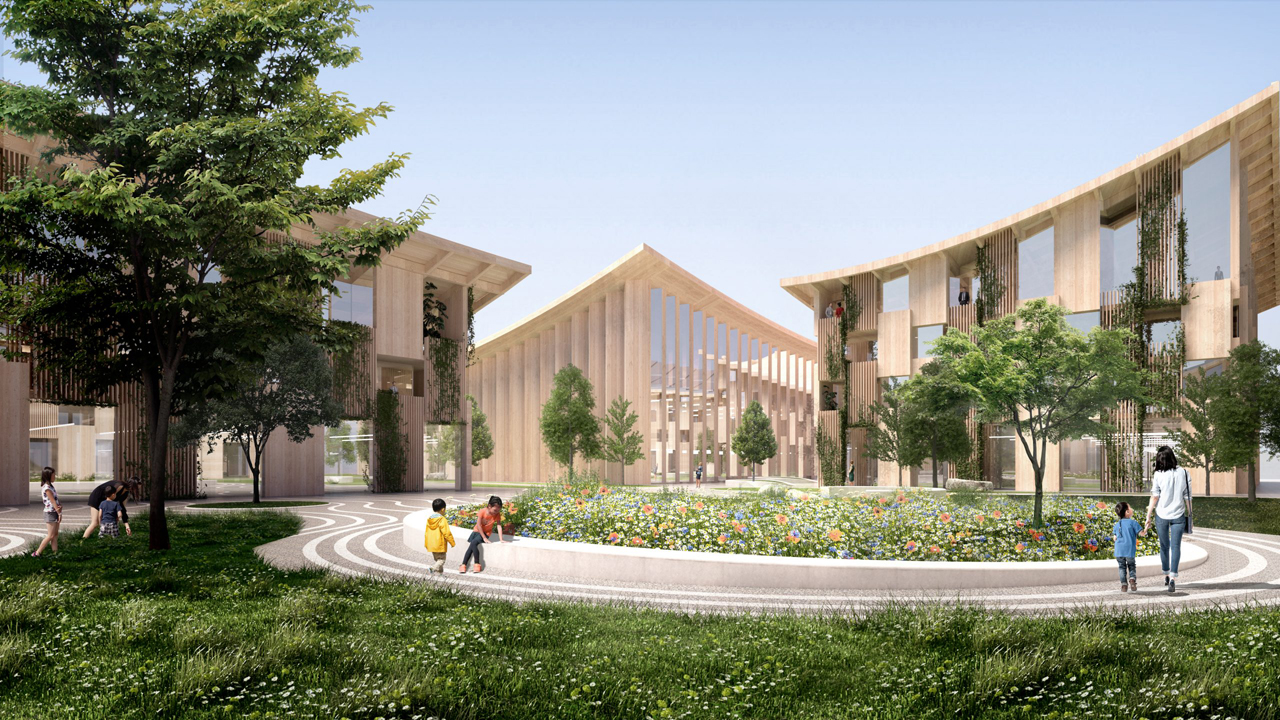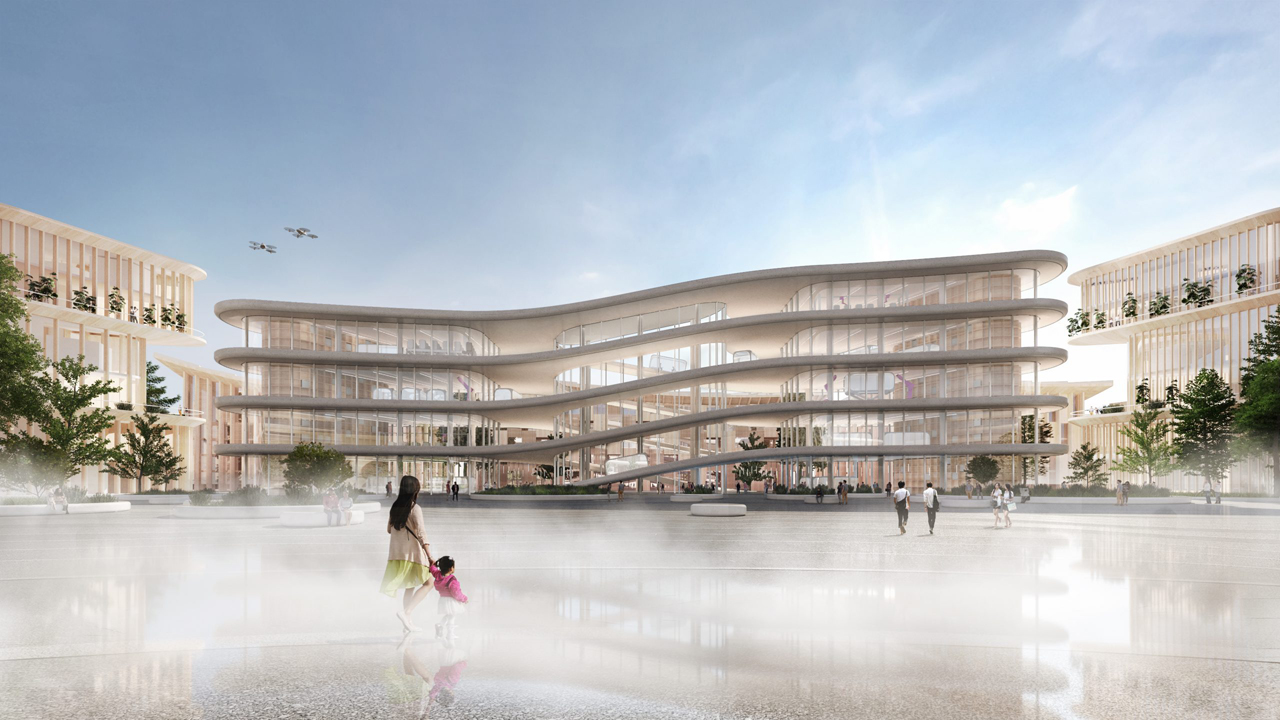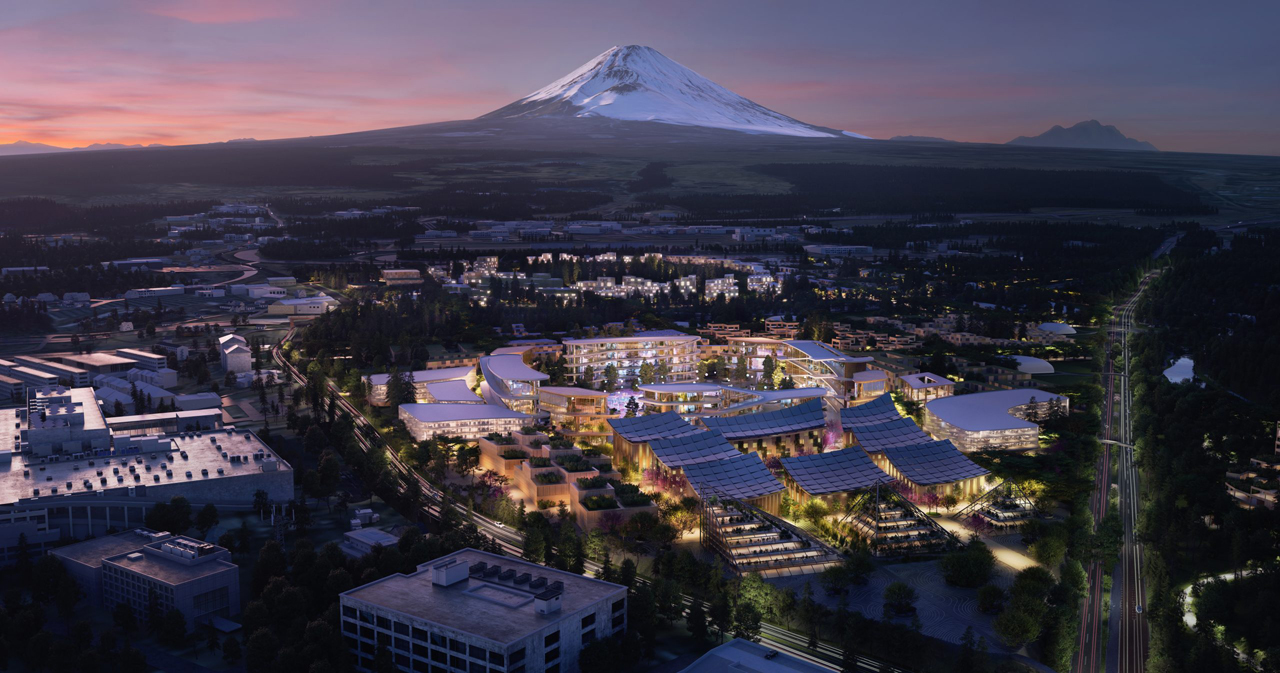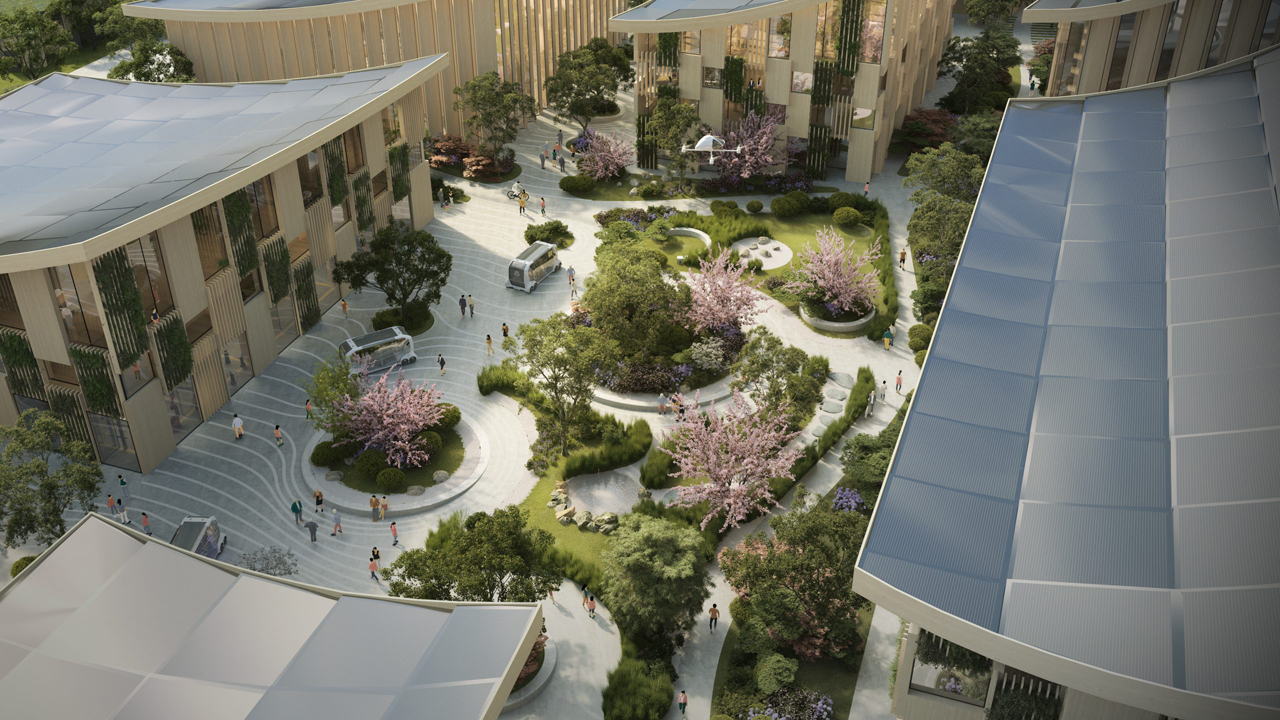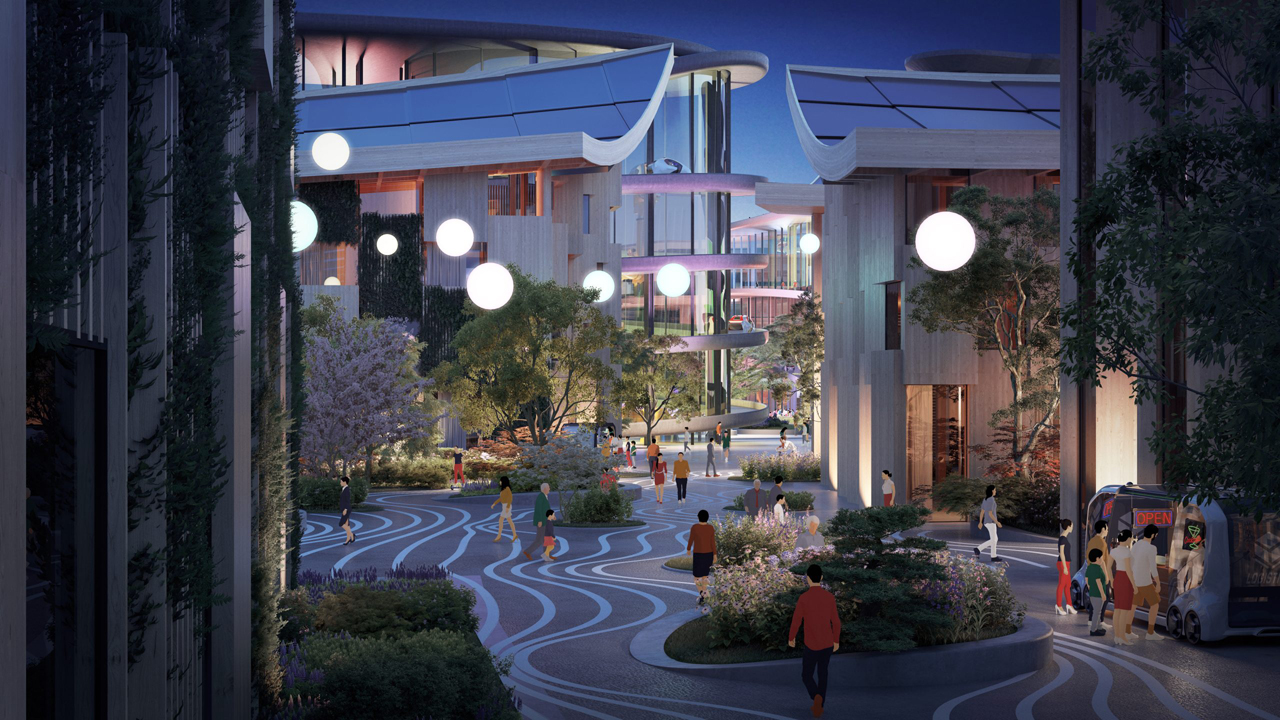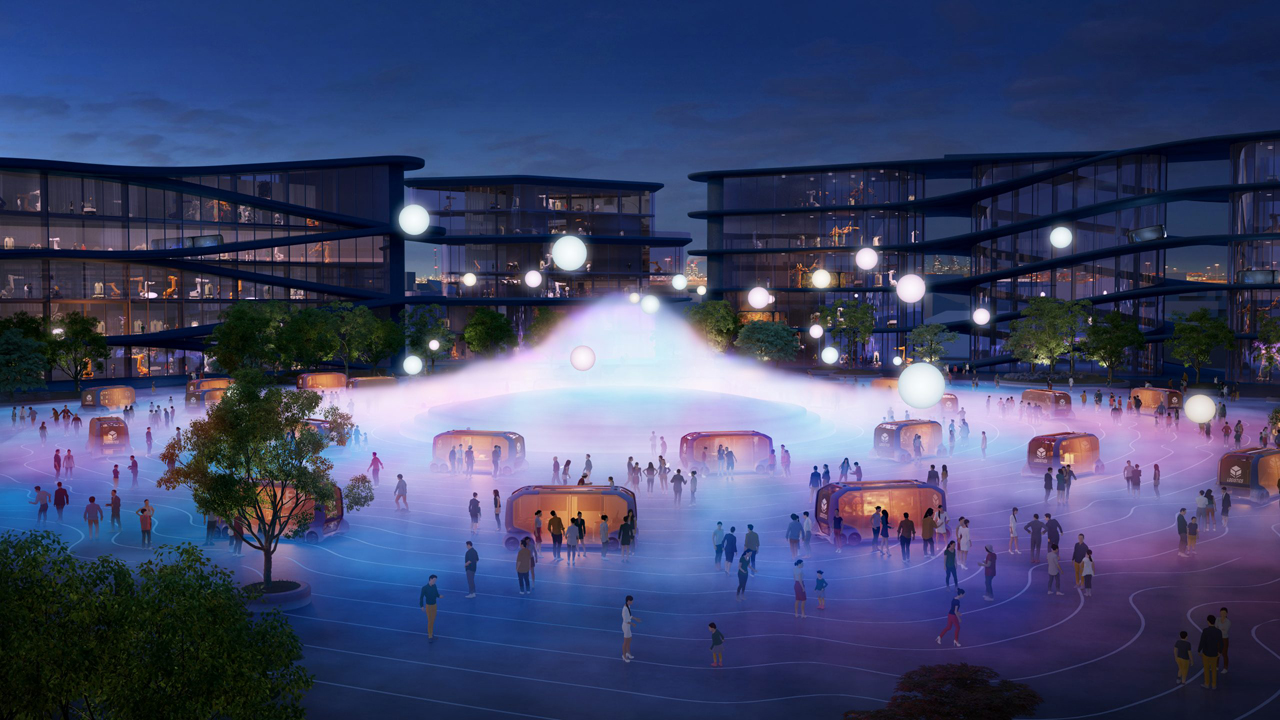Toyota To Build The City Of The Future On A 175-Acre Site In Japan
Toyota announced this week at CES 2020 that it plans to build a prototype city of the future on a 175-acre site at the base of Mt. Fuji in Japan called the Woven City. The city will have a fully connected ecosystem powered by Hydrogen fuel cells, and it is envisioned as a living laboratory.Woven City will be home to full-time residents and researchers who can test and develop technology like autonomous robotics, personal mobility, smart homes, and AI in a real-world environment. Toyota notes that building a complete city, even on a small scale, is a unique opportunity to develop future technologies. One of those technologies is a digital operating system for the city infrastructure.
Toyota says that people, buildings, and vehicles will all be connected and communicating with each other through data and sensors. The infrastructure will allow the automaker to test connected AI technology in both virtual and physical realms. Toyota plans to extend an invitation to collaborate with other commercial and academic partners.
It will also invite scientists from around the world to come and work on their projects in a real-world incubator. Woven City will be designed by Danish architect, Bjarke Ingels, CEO of Bjarke Ingels Group (BIG). The company has designed high profile projects in the past, including the 2 World Trade Center in NYC, Lego House in Denmark, and Google's Mountain View and London HQs.
The project will have three street types, including one for faster vehicles only, and others for a mix or lower speed personal mobility and pedestrians. The city is planned to be fully sustainable, with most buildings made of wood constructed with traditional Japanese wood joinery and robotic production methods. All rooftops will be covered in solar panels with more power via hydrogen fuel cells. The project will break ground in early 2021.

